The United Nations’ Yugoslav war crimes tribunal convicted Bosnian Serb military chief Gen. Ratko Mladic on Wednesday of genocide and crimes against humanity, and sentenced him to life in prison for atrocities during Bosnia’s 1992-1995 war.

Mladic, 75, was found guilty of commanding forces responsible for crimes including the worst atrocities of the war — the deadly three-year siege of the Bosnian capital, Sarajevo, and the 1995 massacre of some 8,000 Muslim men and boys in the eastern enclave of Srebrenica, which was Europe’s worst mass killing since World War II.
A three-judge panel at the court formally known as the International Criminal Tribunal for the Former Yugoslavia convicted Mladic of 10 of 11 counts in a dramatic climax to a groundbreaking effort to seek justice for the wars in the former Yugoslavia.
Presiding Judge Alphons Orie read out the judgment Wednesday after ordering Mladic out of the courtroom for the final verdict over an angry outburst.

Get daily National news
“The crimes committed rank among the most heinous known to humankind,” he said.
Mothers of Srebrenica’s victims clapped when the convictions were read out. Mladic’s son Darko said: “I’m not surprised. The court was totally biased from the start.”
Bosniaks and Serbs watched from near and far as the long-awaited climax approached. Wednesday’s judgment marks the end of the final trial at the tribunal, which was set up in 1993, while fierce fighting was still raging in Bosnia.
Emotions ran high outside the courtroom, with a small skirmish reflecting lingering tensions between Serbs and Bosniaks over the trial and the war.
WATCH: Ex-Bosnian Serb commander Mladic sentenced to life imprisonment

Despite ailing health, Mladic looked relaxed, greeting lawyers and giving a thumbs-up to photographers in court. He nodded regularly as presiding Judge Alphons Orie read out descriptions of atrocities by Bosnian Serb forces, one by one.
Then Mladic’s lawyer asked for a delay because the general was suffering high blood pressure. The judge refused, and Mladic burst out with criticism and was ordered to leave the room.
Prosecutors had sought a life sentence, while Mladic’s defense lawyers said he should be acquitted on all counts.
Orie said the court confirmed that “genocide, persecution, extermination, murder and the inhuman act of forcible transfer were committed in or around Srebrenica” in 1995. Previous judgments have said it was genocide. However, Orie said the court is “not convinced” of genocidal intent in six other municipalities, in line with previous judgments.
The conflict in the former Yugoslavia erupted after the breakup of the former multi-ethnic federation in the early 1990s, with the worst crimes taking place in Bosnia. More than 100,000 people died and millions lost their homes before a peace agreement was signed in 1995. Mladic went into hiding for around ten years before his arrest in Serbia in May 2011.
WATCH: Bosnia Serb leader sentenced to 40 years after being convicted of war crimes

Mladic’s political master during the war, former Bosnian Serb President Radovan Karadzic was also convicted last year for genocide and sentenced to 40 years. He has appealed the ruling.
The man widely blamed for fomenting wars across the Balkans, former Yugoslav President Slobodan Milosevic, died in his UN cell in 2006 before tribunal judges could reach verdicts in his trial.
Jovana Gec and Dusan Stojanovic in Belgrade and Angela Charlton in Paris contributed


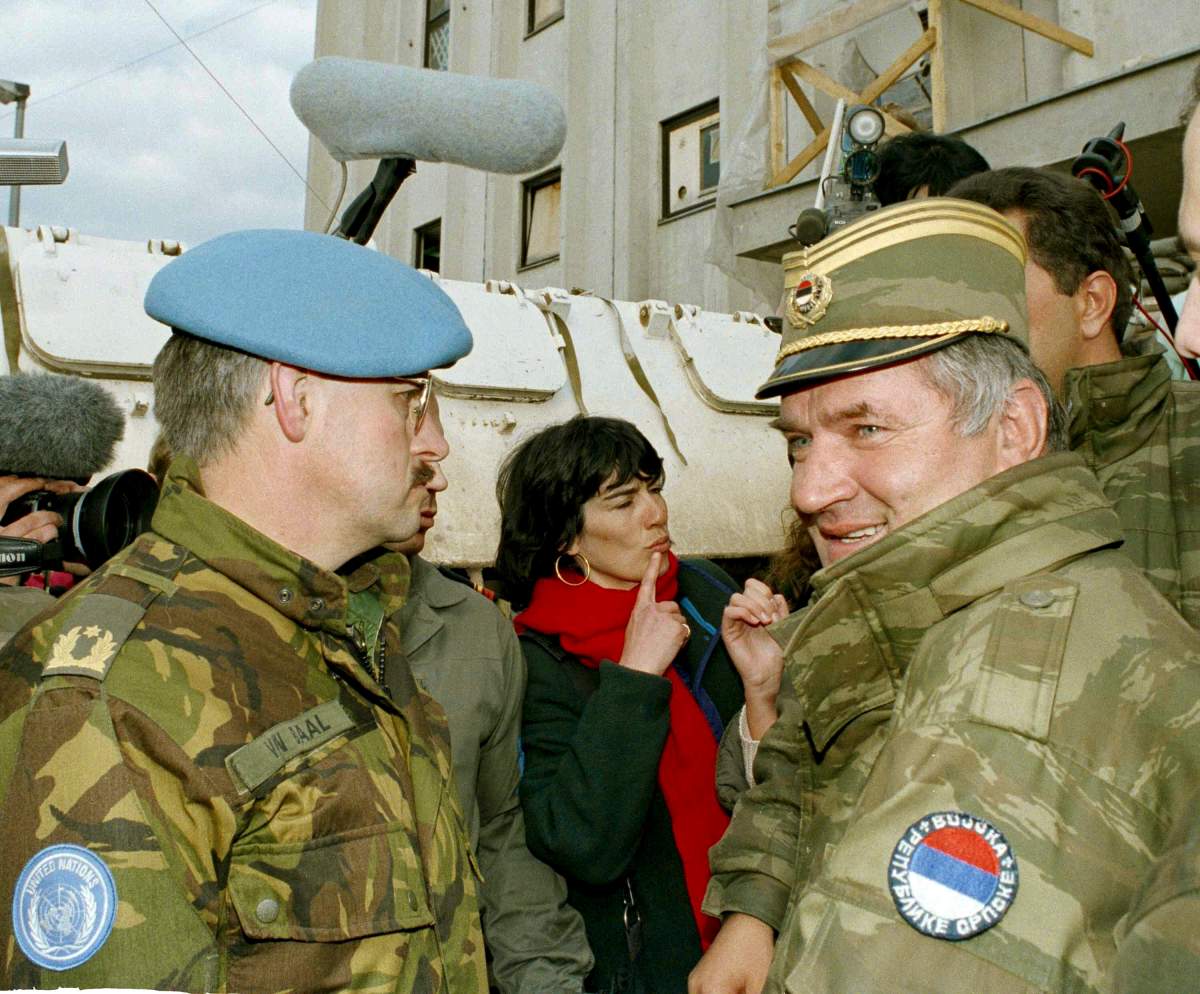

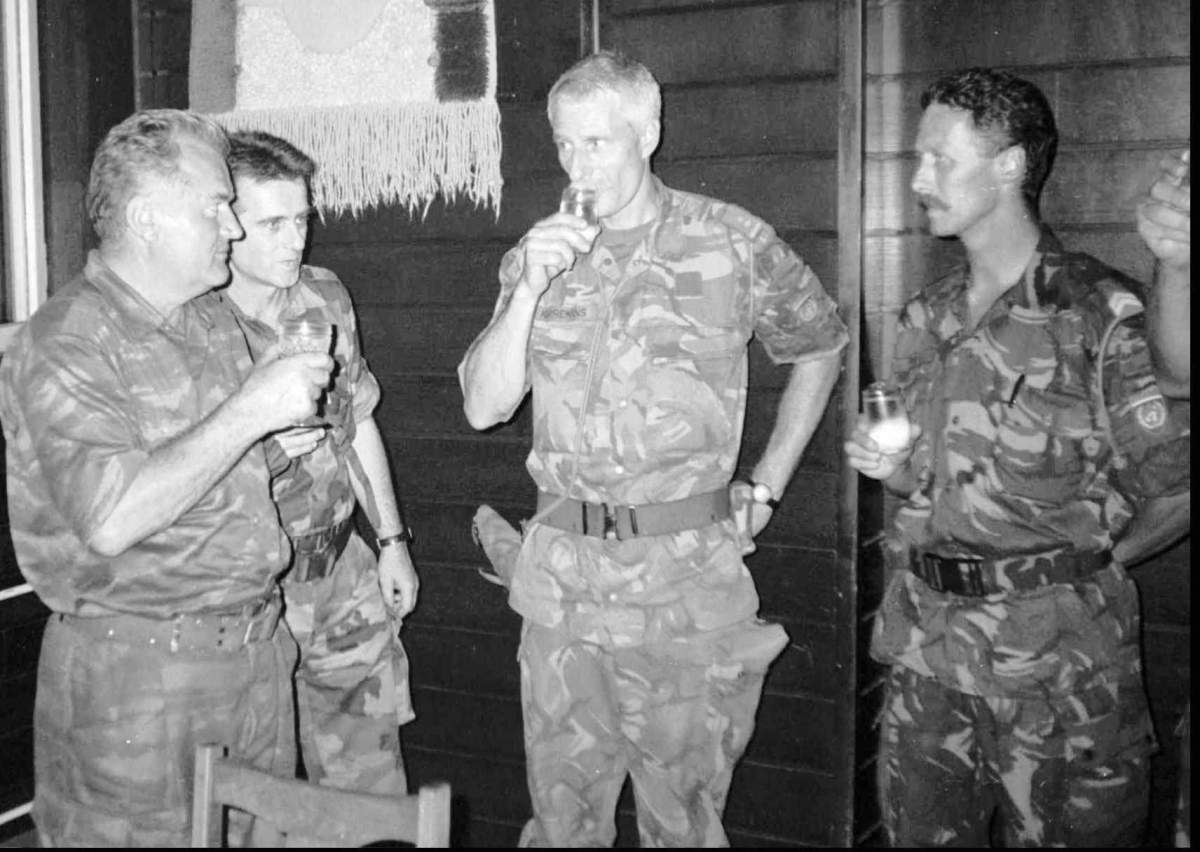

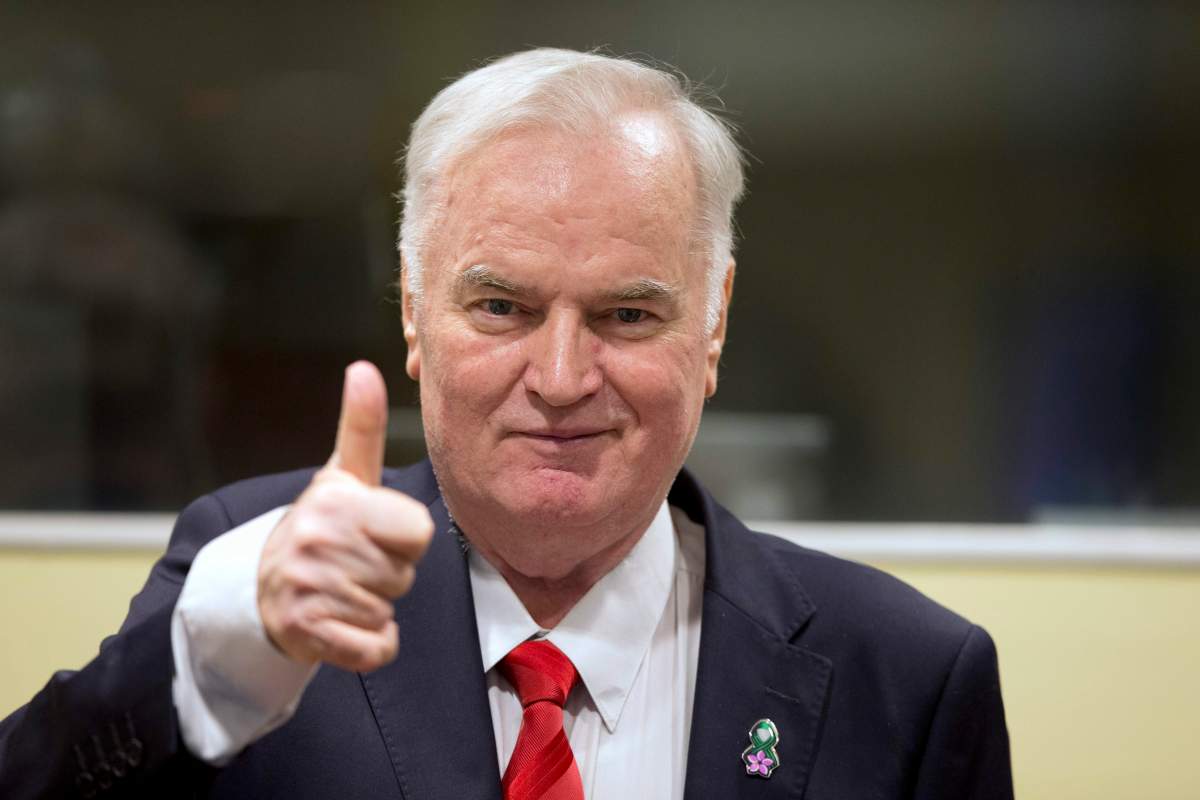

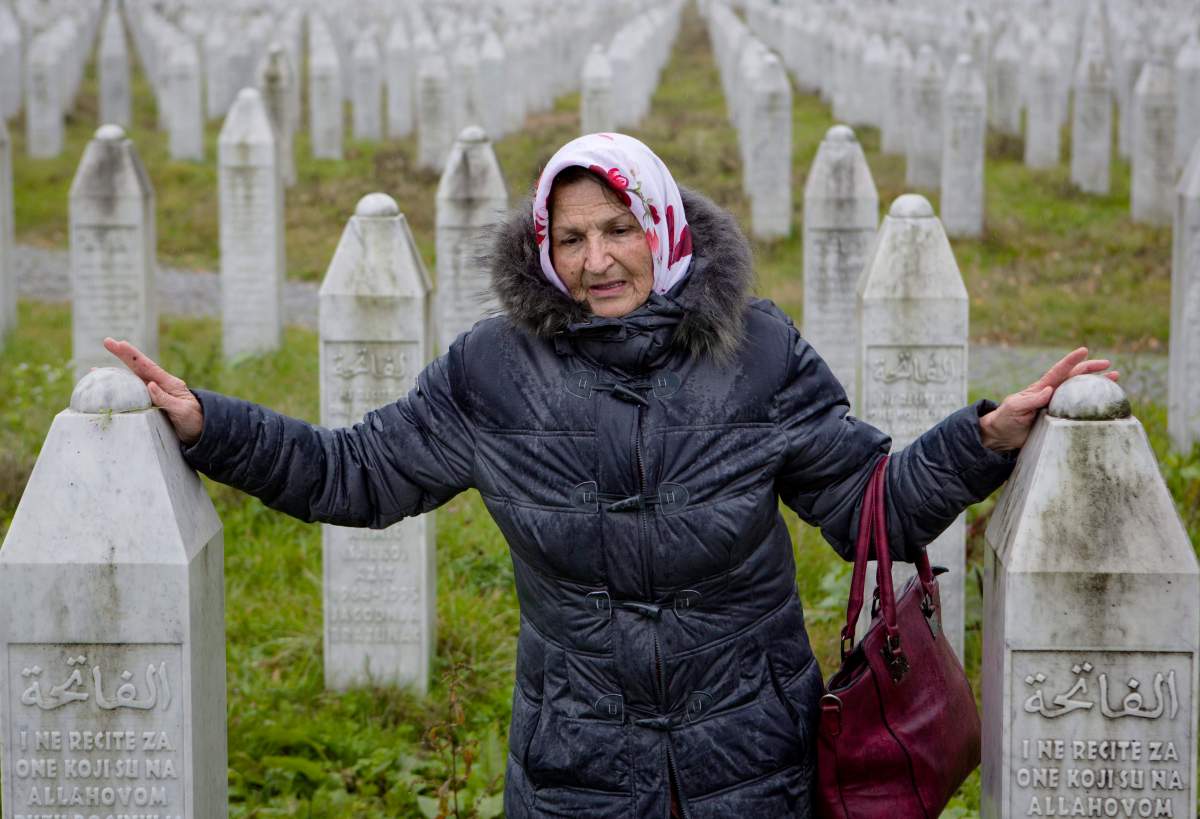

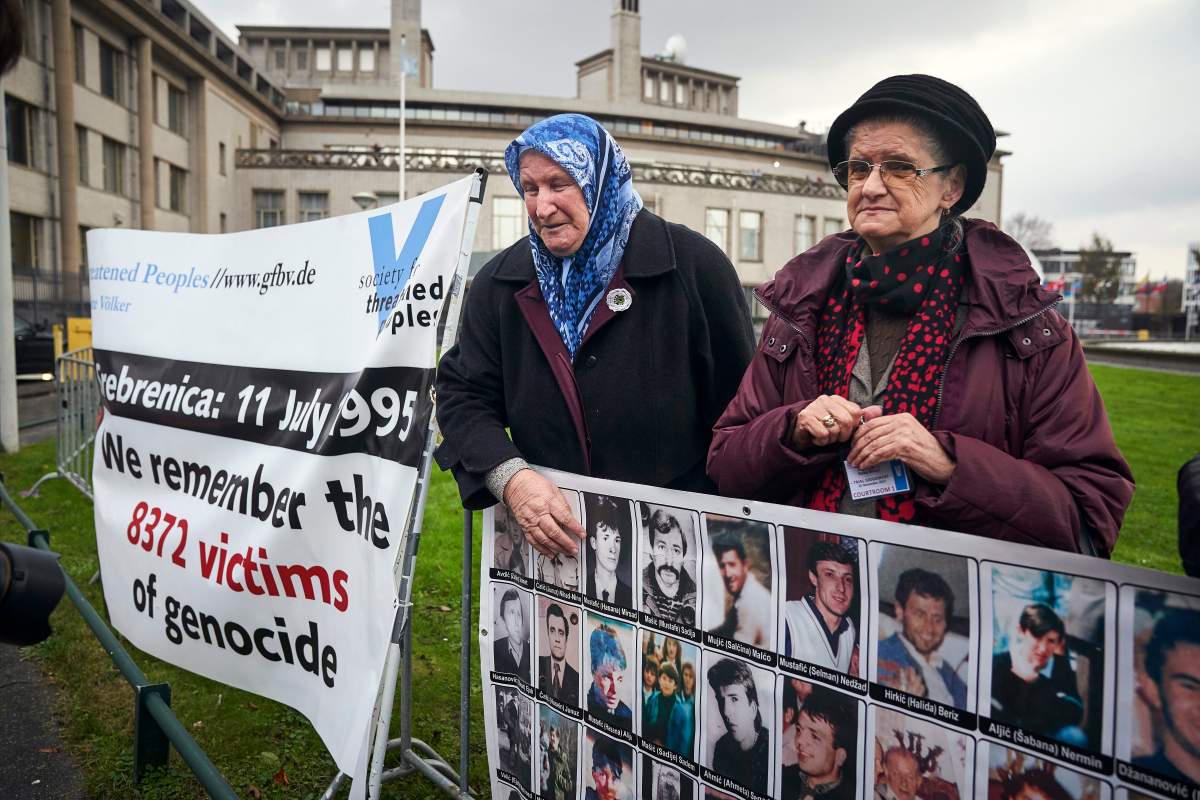






Comments
Want to discuss? Please read our Commenting Policy first.